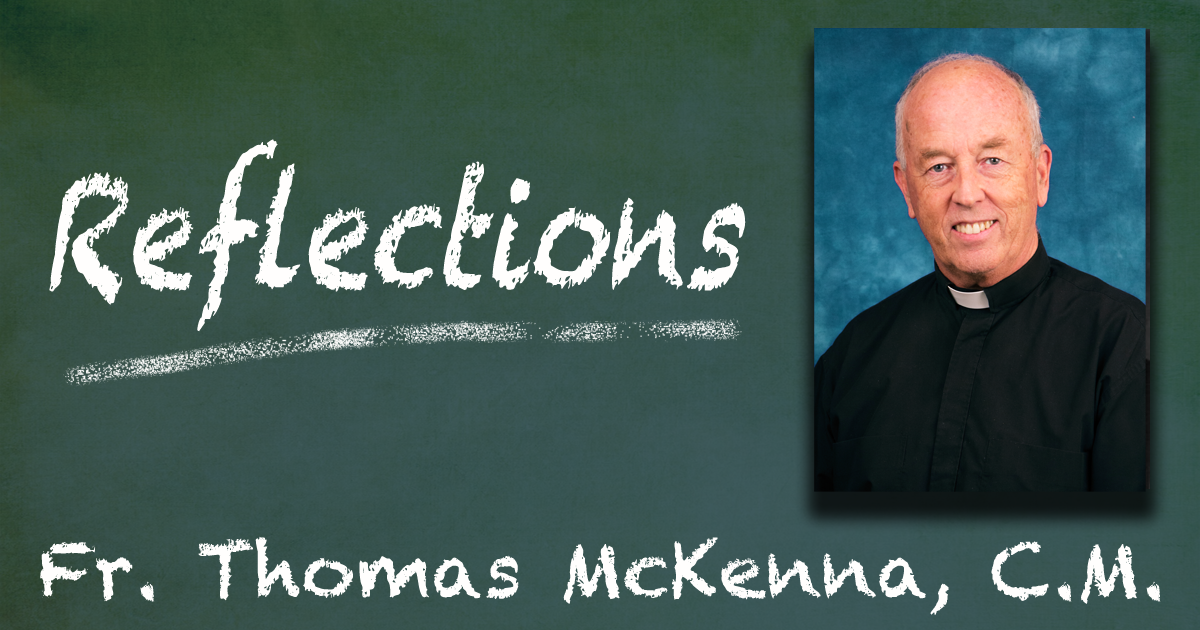
Expecting and Seeing
(Matthew 13:13)
Some time ago I went to see a touring art exhibit featuring Monet’s water lilies. Laid out in three big murals that were hung together, it wrapped around the room to give the visitor a sense of being right there at the pond’s edge. I remember standing there just looking and looking, almost as if I were in the water. Monet’s artistry acted as a kind of lens (both telescope and microscope) letting me look at the whole and see things I hadn’t grasped when viewing the painting in various art books.
Months later In a favorite city park I passed small lake in whose corner lay a water lily pond. I had walked past it many times but on this occasion was conscious of seeing a something more on that water. I found myself looking at the curves on the edges of the floating leaves, how they looked like green pans suspended over a pool, the way the wind stirred the surface around them into different patterns, and how the red-orange backs of the fish underneath contrasted so vividly.
The difference? I was seeing things I had missed. Better, I had looked at that pond before, but hadn’t seen half as much. That time with Monet had done something to my imagination — sensitized it, tuned it up, given it more flex so as to take in more. Monet’s painting had changed my expectations. Walking past the lake before, when I even stopped to notice it, I might think to myself, “isn’t that serene?” — and then kept on going. But that encounter in the museum had set me up so that next time I passed something similar, without even knowing it I’d be looking for more. I’d be expecting a wider range of sights — and so I’d see them. Expectations control so much of what I see when I look at something.
In a number of places, Jesus touches on the issue of hearing but not understanding, of looking but not seeing. And his point has to do with expectations. With what different prospects did people come when they heard him speak and see him act? Particularly, what were they anticipating when they listened to him spin those evocative stories, his parables?
So his enemies: Pegging him as a religious upstart, a rival to the temple establishment, they miss key dimensions of these multidimensional tales.
So the crowd: A dawning suspicion that there is something “more” about this Nazarene opens them up, at least to a degree.
So the believers: Responding to this sense that in him God is very near heightens their hearing and sharpens their seeing so that, in Jesus’ words, they don’t just look but begin to see.
This says much about us as followers and our capacity to move from looking to seeing. With what hopes do I come before the Lord? What am I anticipating when I do stand there?
I could be some personal concern I bring. Might my expectations broaden me out so as to take in answers that fit more than just my need, that range farther out beyond than the thing I’m asking?
I could be presenting other people. When relating to them, do I expect to meet someone I imagine I’ve figured out and sized up even before she speaks? Or can my expectations stretch wider so as to let in that dimension which Vincent calls the face of Christ, that interior face not apparent on the person’s exterior.
I could be pondering events. So when I pick up the papers and watch the newscasts do I expect, like Vincent, to hear and see movements of the Spirit in the doings of the day? I can come to media as just news but with different expectations I can also listen for the gospel undercurrents in it, what Vatican II described as “the signs of the times,” not just the times themselves but the signs in them, the deeper layers in the events.
Looking and being able to see, viewing our world more as does Jesus, expecting to catch sight of his Father’s hand touching it all.







0 Comments